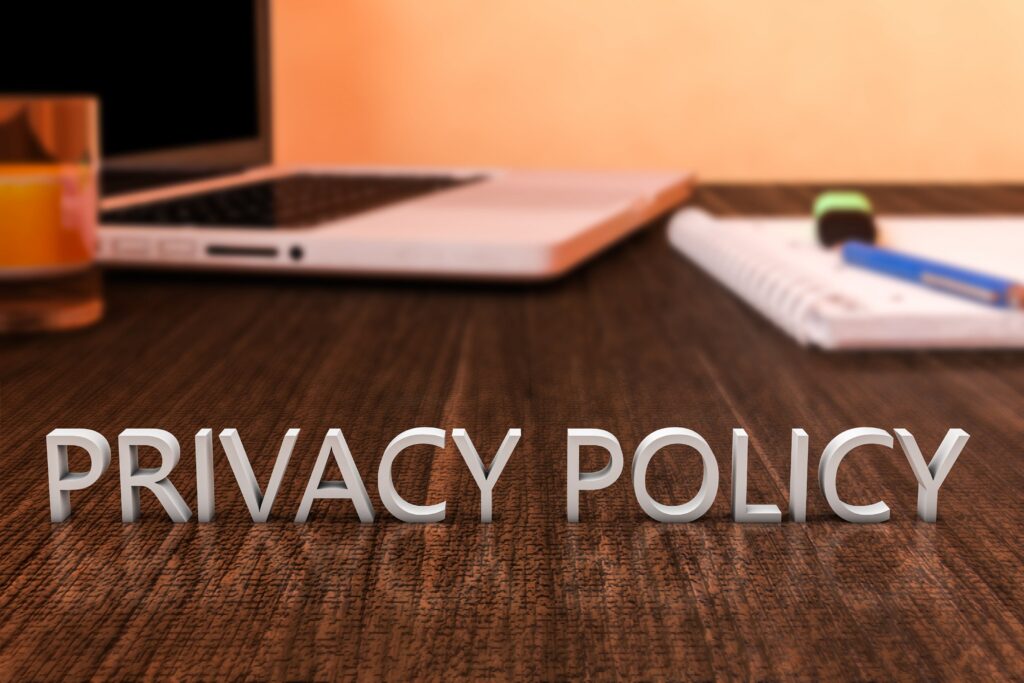Explaining the Key Points of the Amended 'Japanese Whistleblower Protection Act': What Measures Should Businesses Take?

The Japanese Whistleblower Protection Act was amended in 2020 and came into effect on June 1, 2022. This amendment imposed obligations on businesses to establish systems to properly respond to internal reports.
In this article, we will explain the key points of the amendment to the Japanese Whistleblower Protection Act and the measures that businesses should take in response to this amendment.
What is the Whistleblower Protection System?
The “Whistleblower Protection System” is a system designed to protect individuals who provide information about incidents or misconduct for the public good (whistleblowers).
For instance, corporate misconduct or scandals such as hiding automobile recalls or food misrepresentation are often difficult to detect from the outside, and many cases are revealed through internal whistleblowing. However, some people hesitate to report because they fear they may suffer disadvantages within the company. To avoid this, it is necessary to ensure that internal whistleblowers do not receive unfavorable treatment such as dismissal.
Internal whistleblowing is beneficial for organizations as it allows for early detection and response to problems or misconduct. Furthermore, protecting whistleblowers and appropriately handling their reports promotes the organization’s self-purification, enhances social credibility, and improves corporate value.
The Whistleblower Protection System aims to promote compliance with laws and regulations by businesses and ensure the safety and peace of mind of the public by protecting internal whistleblowers from this perspective.
Key Points of the Amendment to the Japanese Whistleblower Protection Act
The amendment in 2020 (Reiwa 2) was implemented to enhance the effectiveness of the internal reporting system. The following points are included in this amendment.
Mandatory System Development for Businesses
Businesses are obligated to do the following (Article 11 of the Japanese Whistleblower Protection Act).
- Designate a person in charge of handling public interest reports
- Develop a system necessary for appropriately responding to internal reports
However, for small and medium-sized enterprises with a workforce (including part-time workers) of 300 or less, these are only obligations to make an effort.
When the Prime Minister deems it necessary, he/she can request a report from the business and provide advice, guidance, and recommendations (Article 15 of the same Act). If the business does not comply with the recommendations, it can be publicly announced (Article 16 of the same Act).
Furthermore, the person in charge of handling public interest reports is obligated to keep confidential any information that can identify the whistleblower. If this confidentiality obligation is violated, a fine of up to 300,000 yen may be imposed (Articles 12 and 21 of the same Act).
The information that can identify the whistleblower includes the whistleblower’s name, employee number, etc., and even general information such as gender can be applicable if it can identify the whistleblower when combined with other information.
Making it Easier to Report to Administrative Agencies, etc.

If a company dismisses a whistleblower for reporting to an administrative agency or a media organization, the requirements for the dismissal to be invalid have been relaxed, making it easier to report (Article 3 of the same Act).
In the case of reporting to an administrative agency, not only the conventional “when there is a reasonable reason to believe,” but also “when a document with the name, address, etc. is submitted” has been added to the requirements.
For reporting to media organizations, the pre-amendment was only harm to life or body, but after the amendment, “harm to property” was added. Also, “when there is a reasonable reason to believe that the company will leak information identifying the whistleblower” was added.
Expanding the Protection of Whistleblowers
Previously, only employees were subject to protection, but with the amendment, retirees within one year of retirement and officers were also added (Article 2, Paragraph 1 of the same Act).
With the addition of officers to the protection targets, disadvantageous treatment of officers is prohibited, and if an officer is dismissed due to a public interest report, it is now possible to claim damages (Article 5, Paragraph 3, and Article 6 of the same Act). In addition, the scope of protected reports, which used to be only criminal penalties, has been expanded to include administrative penalties (Article 2, Paragraph 3 of the same Act).
In addition to the invalidation of dismissal due to reporting and the prohibition of disadvantageous treatment such as demotion and pay cuts, it is now prohibited for businesses to claim damages from whistleblowers on the grounds of damage caused by public interest reports (Article 7 of the same Act).
Expanding the Scope of Facts that are Subject to Protected Reporting
This amendment has expanded the scope of facts that are subject to protected reporting (Article 2, Paragraph 3 of the same Act).
It is stipulated as “the fact of a criminal act of a crime stipulated in this law and the laws listed in the appendix (including orders based on these laws.) or the fact that is the reason for the fine stipulated in this law and the laws listed in the appendix (including orders based on these laws.).”
This “law listed in the appendix” is defined in the “Ordinance to Specify the Laws in Appendix 8 of the Whistleblower Protection Act (Ordinance No. 146 of 2005)” based on the Appendix and Appendix 8 of the Whistleblower Protection Act. The list of laws is published by the Consumer Affairs Agency as “List of Laws Subject to Reporting (474 as of February 1, Reiwa 3).”
Measures Businesses Should Take to Properly Respond to Internal Reporting

Businesses with more than 300 employees need to understand the obligations imposed by the recent amendments and respond appropriately. Here, we will explain the measures that businesses should take.
Establishing a System to Properly Respond to Internal Reporting
The Japanese Whistleblower Protection Act does not specify how to set up an internal reporting system, leaving the actual form of the reporting system up to the discretion of the business. There are various cases to consider, such as setting up a reporting system within the organization, such as the HR department, outsourcing the reporting system to an external organization like a law firm, or setting up reporting systems in both places.
No matter what form is chosen, the following points must be adhered to:
- Establishment of an internal public interest reporting system: Clearly define the department or person responsible for investigations and corrective actions.
- Measures to ensure independence from the head of the organization and other executives: Ensure independence from the head of the organization and other executives in cases involving them.
- Measures related to the implementation of public interest reporting response tasks: Conduct internal investigations and implement corrective actions.
- Measures to eliminate conflicts of interest in public interest reporting response tasks: Prevent those involved in the case from participating in public interest reporting response tasks.
Businesses must designate personnel to handle public interest reporting response tasks, receive public interest reports, conduct internal investigations, and, if necessary, implement corrective actions.
Establishing a System to Protect Whistleblowers
Even if an internal reporting system is established, the whistleblower protection system will not function properly unless the protection of the reporter is ensured. Therefore, businesses need to take the following measures:
- Measures to prevent disadvantageous treatment: Prevent disadvantageous treatment and provide relief if such treatment is discovered. Take disciplinary action against those who have treated others disadvantageously, etc.
- Measures to prevent sharing outside the scope: Prevent sharing outside the scope and provide relief if such sharing is discovered, etc.
Disadvantageous treatment of whistleblowers includes not only dismissal but also pay cuts, demotions, and forced retirement.
For the measures that businesses should take, please refer to the Guidelines necessary for businesses to take measures based on the provisions of Article 11, Paragraphs 1 and 2 of the Japanese Whistleblower Protection Act, in order to ensure their appropriate and effective implementation[ja] (Cabinet Office Notice No. 118 of August 20, Reiwa 3 (2021)).
Summary: Consult a Lawyer for Measures Regarding the Whistleblower Protection Act
The Whistleblower Protection Act has been amended, and businesses are now required to establish systems to properly respond to internal reports. This has increased the responsibilities that companies must fulfill. Furthermore, when a report is made, it is necessary to have a system in place in advance to properly respond to it.
Protecting whistleblowers and responding sincerely to their reports is important not only for businesses but also for society. For matters concerning the Whistleblower Protection System, please consult a lawyer.
Introduction to Our Firm’s Measures
Monolith Law Office is a legal office with extensive experience in both IT, particularly the internet, and law. The Japanese Public Interest Whistleblower Protection Act is attracting attention, and the need for legal checks is increasingly growing. Our firm provides solutions across all aspects of corporate legal affairs for IT and venture companies. Details are provided in the article below.
Areas of practice at Monolith Law Office: Corporate Legal Affairs for IT and Ventures[ja]





















